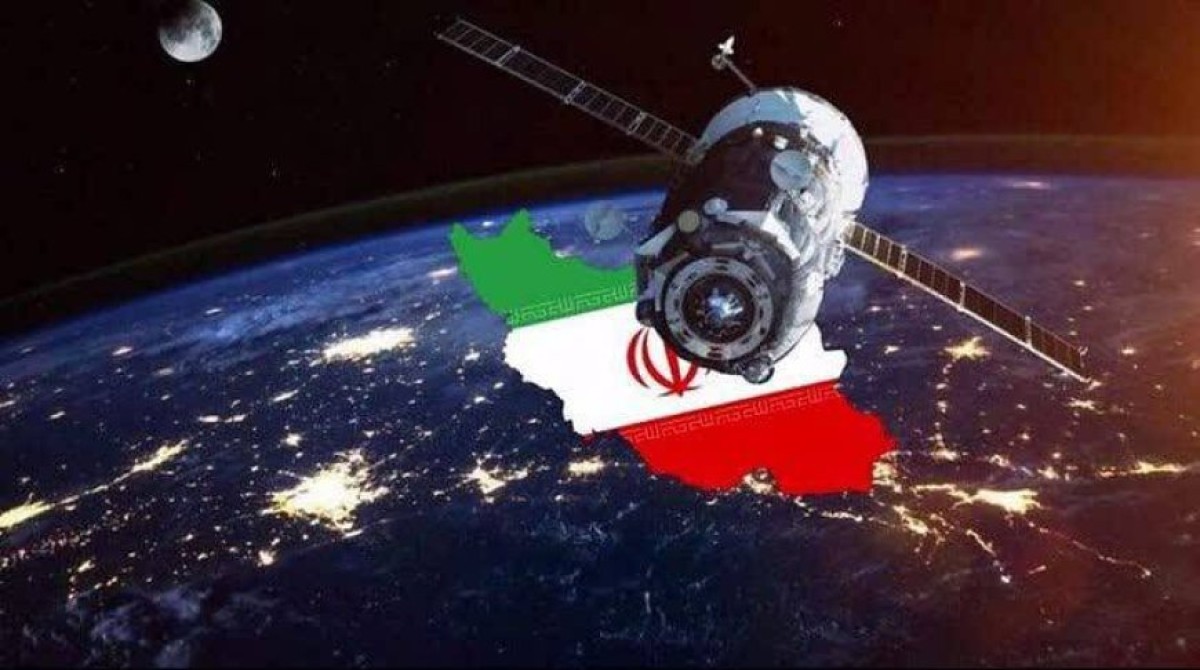 281
281
Iran's Remarkable Advances in Space Technology: A Triumph of Determination and Self-Reliance
Iran's Remarkable Advances in Space Technology: A Triumph of Determination and Self-Reliance
As we approach the 45th anniversary of the victory of the Islamic Revolution in Iran, the world witnessed a simultaneous launch of three Iranian satellites into space, accomplished by the Simorgh satellite-carrying rocket, standing as a testament to the resounding success of Iranian scientists in the fields of space and technology.
By: N. Daneshvar
In light of this groundbreaking accomplishment, Reuters has shed light on Iran's latest milestone in the aerospace industry, highlighting the concerns of Western capitals regarding Iran's strides in space technology. Even though Iran has always maintained that its space program is of a scientific nature, Western governments are nonetheless concerned about these accomplishments.
It is crucial to reflect on the events of two decades ago, during the testing phase of Iran's first domestically produced satellite. At the time, hopes were pinned on the launch of this home-grown satellite from Italy. Unfortunately, Rome's breach of contract not only resulted in the satellite's failure to take flight but also led to its confiscation under the pretext of US-imposed sanctions. Today, however, Iran has successfully harnessed satellite carrier technology, enabling it to launch satellites independently without requiring external assistance from any other country.
Significantly, this launch unfolds against the backdrop of escalating tensions in the Middle East instigated by the Israeli aggression against the besieged Gaza Strip, serving as a testament to Iran's progress across cutting-edge technologies, undeterred by the sanctions imposed by Washington. In fact, rather than halting Iran's momentum, these sanctions have acted as a catalyst, propelling the nation towards even greater achievements.
Addressing the failure of the US-imposed sanctions, Iran's President, Dr. Ebrahim Raisi, remarked, "The successful launch of Iranian satellites showed once again that threats and sanctions undermine the determination of young Iranian scientists to put their country on the path of progress." Since the start of Raisi's administration, observers have witnessed an unprecedented number of successful space launches, breaking the previous record set ten years ago. This remarkable feat was accomplished within a mere three-year span, a testament to the administration's unwavering commitment to the development of the space industry.
The first all-Iranian satellite, aptly named "Hope (in Persian, Omid)," soared into space successfully from the Semnan base in February 2017 by the satellite carrier "Safir Omid," also manufactured domestically. Following this triumph, the Islamic Republic of Iran joined the small group of ten nations possessing space technology and know-how along with the capability to launch satellites into orbit.
To truly appreciate the significance of Iran's aerospace accomplishments, one must examine the aerospace developments of other countries in the Middle East, such as the United Arab Emirates (UAE). The UAE has claimed the launch of its national satellites into space; however, it was rather the result of collaborative efforts among American experts at institutions such as the University of Colorado Boulder, the University of California, Berkeley, and Arizona State University. In fact, the UAE's role was limited to that of supervisors and trainees. In stark contrast, Iran's advancements in the space industry, achieved solely by Iranian scientists, demonstrate the fruits of their steadfast commitment, with the late martyr Hassan Tehrani Moghaddam standing as a paragon for their perseverance.
Iran's rapidly evolving space industry stands as one of the fastest-growing global sectors, as experts assert that weather forecasting and monitoring, satellite-based communication services, high-resolution imaging across various light spectrums, telecommunications updates, real-time long-distance command transmission and data reception, as well as global positioning services for guidance and navigation systems, constitute the critical requirements for any modern country reliant on satellite services, a fact that Iran has achieved.
In conclusion, we must acknowledge that this momentous achievement serves as the initial step in a long-term plan aligned with Iran's ambitious ten-year space industry blueprint directed towards the development of more indigenous satellite carriers by the year, capable of deploying multi-hundred kilo satellites initially, followed by multi-ton satellites into the Low Earth Orbit (LEO). By the year 2028, Iran hopes to achieve the capability to launch lightweight satellites into the Geostationary Orbit (GEO), situated 36,000 kilometers from the Earth's surface.
 281
281
Comment
Post a comment for this article